How Cliac Gel Works
Cliac Gel contains clindamycin phosphate, a lincosamide antibiotic that works by inhibiting bacterial protein synthesis. When applied to the skin, clindamycin penetrates the pores and binds to the 50S subunit of bacterial ribosomes, preventing bacteria from producing essential proteins required for their growth and replication.
By doing so, it effectively reduces the Propionibacterium acnes (now known as Cutibacterium acnes), the bacteria commonly responsible for acne. This results in a visible reduction in redness, swelling, and the number of acne lesions. The antibacterial action of clindamycin phosphate makes Cliac Gel a go-to topical treatment for patients with acne vulgaris and other related skin infections.
Indications, Uses, and Benefits
Indications and Cliac Gel Uses
- Acne Vulgaris: The most common use of Cliac Gel is for treating acne, especially inflammatory acne.
- Bacterial Skin Infections: It may also be prescribed for certain superficial skin infections caused by susceptible bacteria.
- Folliculitis: Helps reduce infection in inflamed hair follicles.
- Acne Rosacea (in some cases): Occasionally used off-label under medical guidance.
The primary cliac gel uses lie in its ability to fight bacteria, reduce inflammation, and support clearer skin over time.
Recommended Dosage
- Application Frequency: Usually once or twice daily.
- Method: Clean and dry the affected area before applying a thin layer of the gel.
- Consistency is Key: For best results, use regularly as prescribed, typically for a duration of 8–12 weeks.
Benefits of Cliac Gel
- Targeted Antibacterial Action: Effectively eliminates acne-causing bacteria.
- Reduced Inflammation: Soothes red, swollen, and painful pimples.
- Prevents Future Breakouts: Maintains clear skin with continued use.
- Non-Greasy Formula: Easily absorbed, making it suitable for daily skincare routines.
- Dermatologist Approved: Backed by clinical research and dermatological expertise.
By leveraging the properties of clindamycin phosphate, Cliac Gel offers a safe, reliable, and user-friendly solution to persistent acne.
Side Effects and Precautions
Like all medications, Cliac Gel can cause side effects. Most users tolerate it well, but some may experience mild to moderate reactions.
Common Side Effects
- Skin dryness or peeling
- Burning or stinging sensation
- Redness or irritation at the site of application
- Itching or flaking
Serious Side Effects (Rare)
- Severe allergic reactions (rash, swelling, dizziness)
- Diarrhea (due to systemic absorption leading to Clostridium difficile overgrowth)
- Persistent abdominal pain
Precautions
- Avoid Broken Skin: Do not apply to open wounds or severely irritated areas.
- Limit Sun Exposure: Use sunscreen, as Cliac Gel may increase sensitivity to UV rays.
- Pregnancy and Breastfeeding: Use only under medical advice.
- Avoid Combining with Harsh Skin Products: Products with alcohol, astringents, or exfoliants may increase irritation.
Before beginning treatment, always inform your dermatologist about your skin history and any ongoing medications.
FAQs
Q1: What are the primary cliac gel uses?
A1: Cliac Gel is mainly used for treating acne vulgaris and mild bacterial skin infections.
Q2: How long does it take for Cliac Gel to show results?
A2: Most users notice improvement within 2 to 4 weeks of consistent use.
Q3: Can I use makeup over Cliac Gel?
A3: Yes, but let the gel dry completely before applying non-comedogenic makeup.
Q4: Is clindamycin phosphate safe for all skin types?
A4: While generally safe, those with sensitive skin should conduct a patch test or consult a dermatologist before use.
Q5: Can I use Cliac Gel with other acne medications?
A5: Yes, but avoid using it alongside other topical antibiotics or exfoliants without medical advice.
Conclusion
Cliac Gel stands out as a highly effective topical treatment powered by clindamycin phosphate, delivering targeted antibacterial action to fight acne and skin infections. Its ability to reduce inflammation, prevent breakouts, and improve skin texture makes it a preferred choice among dermatologists and patients alike.
If you’re struggling with acne and looking for a scientifically backed, dermatologist-trusted solution, Cliac Gel might be the right option. Always use it as prescribed, and consult your doctor for tailored advice.

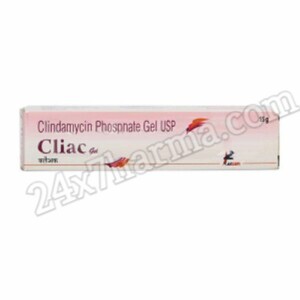
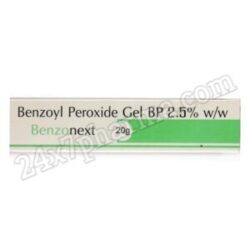

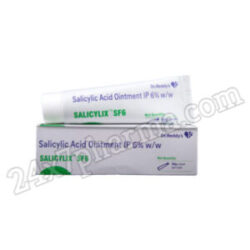
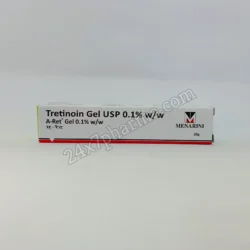
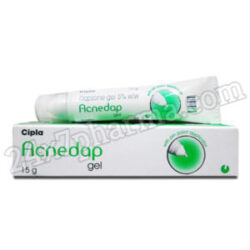
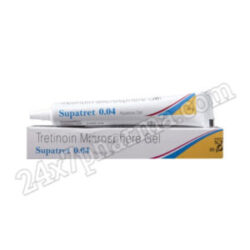
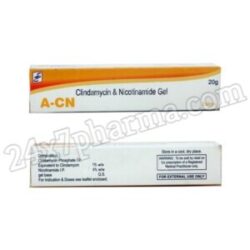
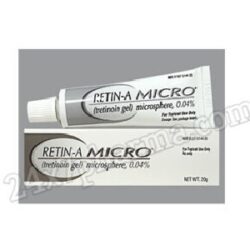
Reviews
Clear filtersThere are no reviews yet.